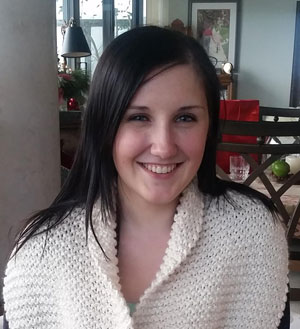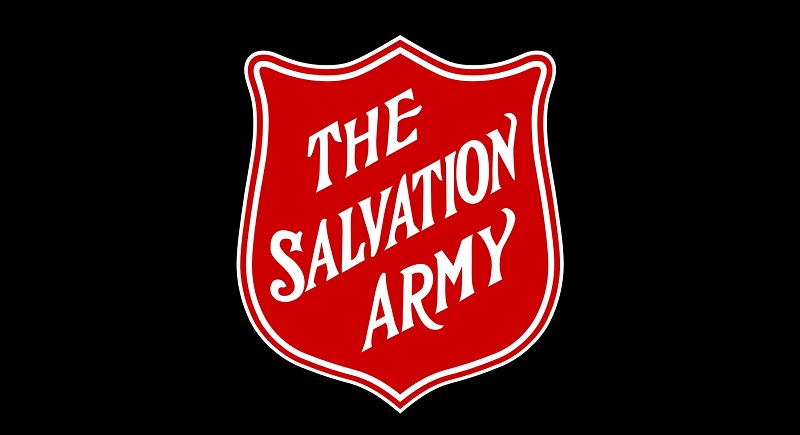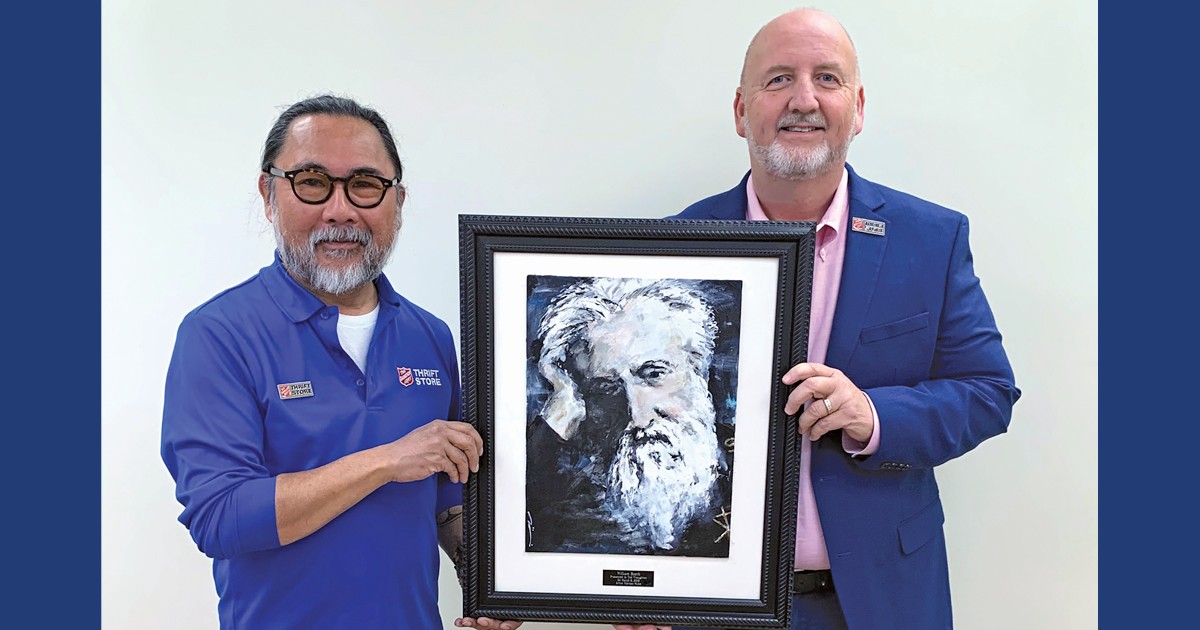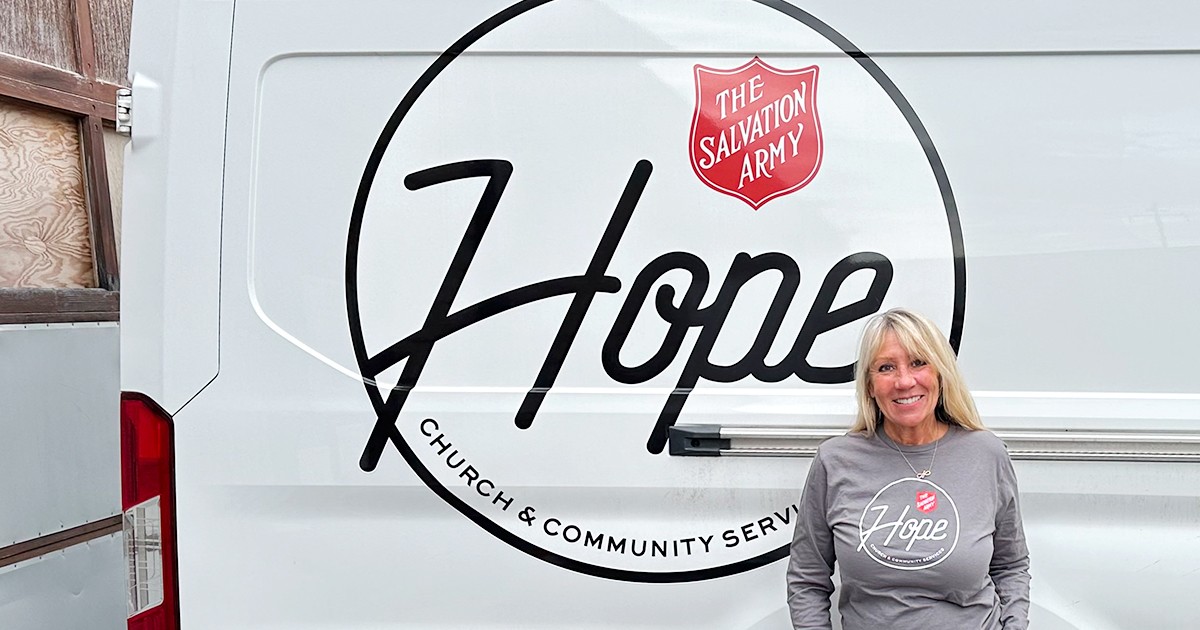 “I learned about the importance of presence, just being there and listening,” says Melanie McInnes, who is studying forensic psychology at the University of Ontario Institute of Technology in Oshawa, Ont.
“I learned about the importance of presence, just being there and listening,” says Melanie McInnes, who is studying forensic psychology at the University of Ontario Institute of Technology in Oshawa, Ont.
Melanie McInnes, Richmond Hill Community Church, Ont.
What were your duties and responsibilities?
My responsibilities as a court program support worker included helping the public, employees and inmates at the Scarborough court house. I sat in on some trials, offered help to the public and gave information to visitors, employees and lawyers. I made 10-20 phone calls on behalf of inmates every day. It gave them and their family or friends peace of mind. We interacted with the court officers, who have a difficult and stressful job. Some participated in programs that the chaplain offered.
I also worked with the chaplain in the Toronto East Detention Centre, helping with programs such as Celebrate Recovery. We visited inmates who requested a chaplain. We interacted with correctional officers, who also have a difficult job. Dealing with inmates every day can be tiring and stressful, and it helps the officers to have someone to talk to.
What did you learn?
I learned about the importance of presence, just being there and listening, whether at the court or the jail. A chaplain isn't there to give advice, although that was helpful sometimes. A chaplain is there to listen during an anxious and stressful time.
Not only did I learn a lot about the criminal justice system, I was amazed by what I learned about myself. I have definitely changed for the better. The court and the jail are both toxic, harsh environments—there's no getting around that. It can eventually wear you down. On my first day, I had no idea what to expect. Some of the inmates were crude, disrespectful and manipulative. Being someone who thinks the best of everyone, I was taken aback by how they reacted to me. I had to learn how to toughen up and not be naive. Even though it took a while, I learned to stand my ground, be confident and not put up with harassment.
This summer had a big impact on me and how I see people—this population in particular. I was able to see that a whole different world exists among us. It taught me more about people and why they do things. Sometimes there was a good answer; other times, not so much. I saw how troubled people are and where it comes from.
I also saw the need for improvement in the court/jail system and the legal system. We need better ways of helping inmates and preventing crime. We need to invest in things that will make this world a better place.
 “People in these situations are scared, not always guilty, and need someone to talk to and lend a helping hand,” says Samantha Hayward, a psychology student at Brock University
“People in these situations are scared, not always guilty, and need someone to talk to and lend a helping hand,” says Samantha Hayward, a psychology student at Brock University
Samantha Hayward, Brampton Citadel, Ont.
What were your duties and responsibilities?
My daily routine was to go into the cells, speak to the accused and make phone calls for them to confirm sureties, lawyers and arrangements to take care of their pets or property, and so on. Then, I would sit in on bail court so that as people were released, I could follow them out of the court room and offer them snacks, shoelaces (as theirs were confiscated) and any other services that could help them later on, such as Salvation Army programs. We made several referrals to our drug and alcohol awareness programs, as well as anger management and positive lifestyle classes. I was lucky enough to work with several of our court chaplains, who were all different, but helped shape me as a social service worker.
What did you learn?
I learned several valuable lessons. Throughout my time in court, I learned that The Salvation Army is well respected and much needed within correctional and justice services. People in these situations are scared, not always guilty, and need someone to talk to and lend a helping hand. We often had relatives or friends come into our office for prayer and spiritual support.
What was most challenging?
The most challenging part was avoiding being judgmental. As social workers, we don't know what happened to the accused that got them into their situation. It's hard to find the balance between protecting yourself, sharing God's love and not judging.
Is there one person or story that will stay with you?
One story that will stick with me is when I recognized someone in the cells as a professional basketball player. It was important to me that he knew I recognized him. He respected that and allowed me to continue to support him through the court process. By the end of working with him, his girlfriend had made arrangements to volunteer at a local Salvation Army!
Are you interested in correctional and justice services ministry as a vocation?
Before completing this internship, I would never have imagined myself working in a court environment, but this experience has completely changed my outlook. I would love to work in this environment again if I ever have the opportunity. It has been the best job I have had so far.










Leave a Comment